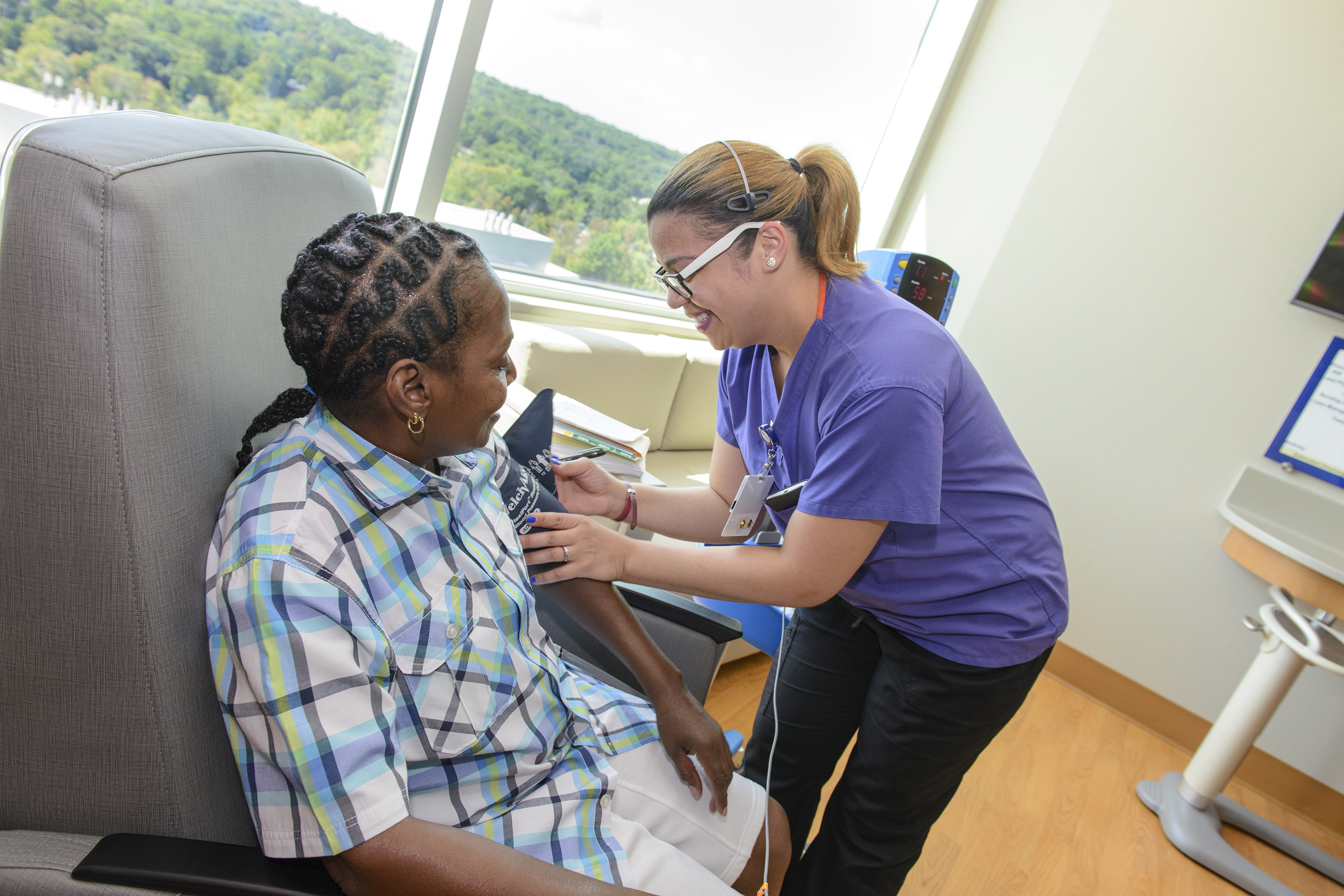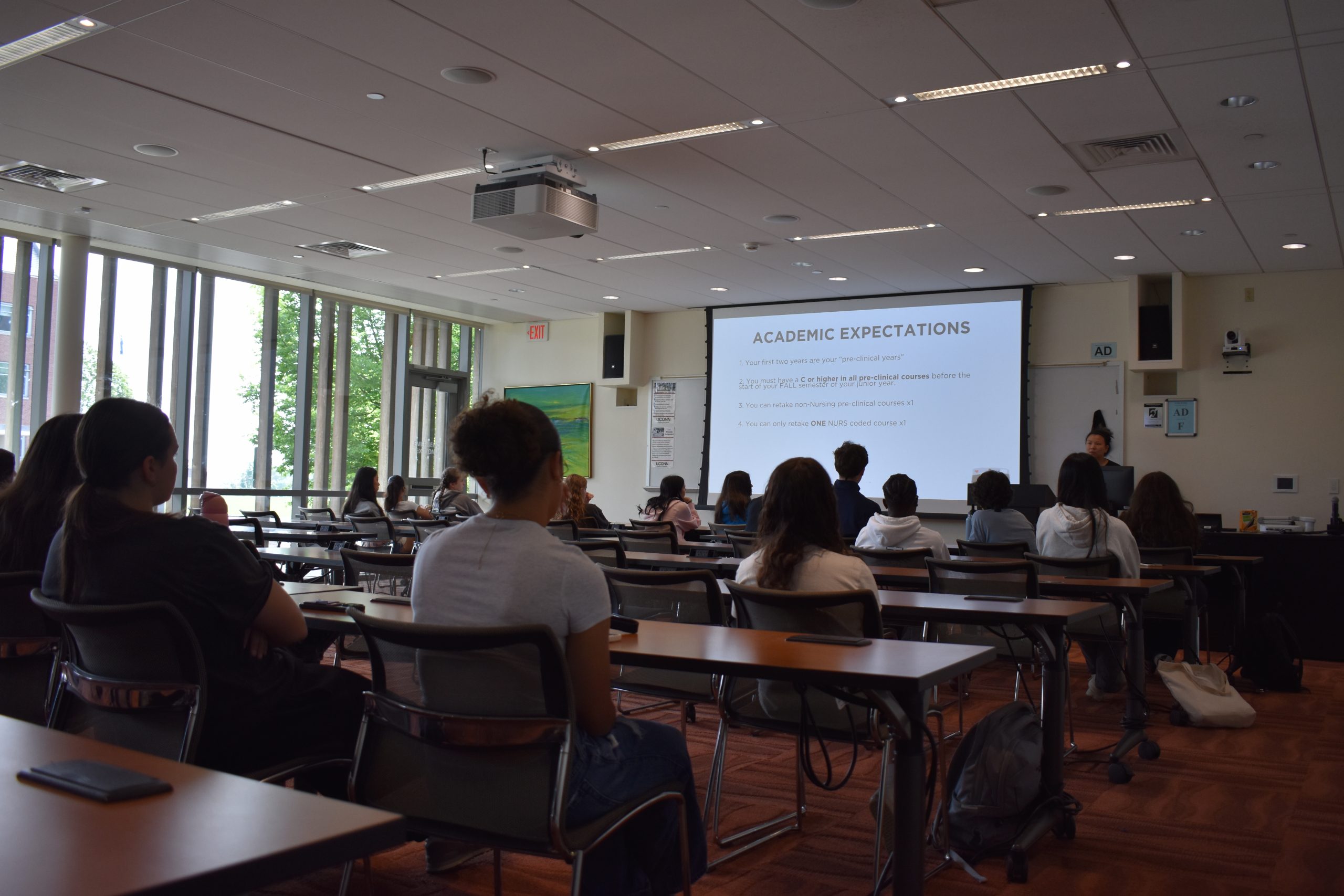A recent study co-authored by UConn Health, Yale, Hartford Hospital, and St. Francis Hospital found that African-American cancer patients die at higher rates than white patients despite recent longevity increases for patients in all race/ethnic groups.
Some studies have shown African-Americans have worse outcomes even when they receive the same treatments as whites. This first-of-a-kind study showed that African-American patients with an inherited red blood cell disorder were 20 percent more likely to have at least one serious adverse event, such as a hospitalization or emergency visit, compared to patients of any race without such a disorder.
This is the first study to evaluate whether patients with inherited red blood cells disorders are more prone to treatment complications. Many of these inherited conditions are disproportionately higher in the African-American population compared to whites, particularly for those who carry the sickle cell trait (8.5 percent versus less than 0.1 percent, respectively.)
The findings suggest inherited red blood cell disorders could account for some of the persistent differences in cancer outcomes among African-Americans.
Stay tuned for more information on this study.



